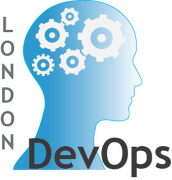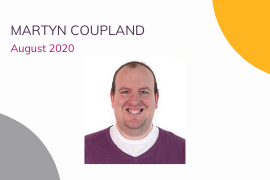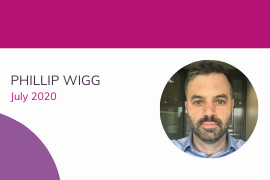Now we are seeing the end to zoom calls, we’re back to the ‘real deal’ of in person interviews. As the market for employment improves, candidates have more options so hiring the perfect candidate is becoming increasingly more difficult. There are hundreds of tips for giving a good interview but here are some tips for the fundamentals of questions, scenarios and red flags, for those who are starting to interview in-person or to remind seasoned interviewers.

Planning makes everyone’s lives easier when it comes to conducting an interview. Write your questions in advance to ensure that everything is covered, and the process runs smoothly. When constructing the questions, list the essential qualities you require for the role and develop a question out of it to ensure the candidate is a good match. If you’re struggling for ideas, consider the qualities of your best current employees. How did their interviews go? What are their values, aspirations or attitudes to work? You could use the job description as a road map for these questions; for example, if ‘customer service’ is included as a skill, ask the candidate about previous customer service work. Remember to make notes and type them up after to differentiate between candidates when reflecting on the interview in the future.
Checking credibility is important as some candidates may exaggerate or ‘extend the truth’ to impress you. You can test this by asking specific details about their previous roles later in the interview and seeing how they respond, for example, ‘how many colleagues did you have on your team?’ or ‘How many sales were made last year?’ Details could even be brought up in subsequent interviews to ensure they remain consistent. Look out for red flags! Ask questions regarding their previous short-term roles- less than two years- and ask why they left. If they start complaining about old colleagues or bosses, this might be a sign they’re difficult to work with. If they disliked something from a previous role that features in the new role, they may not be the right fit.
Assess their potential. Look out for buzzwords or phrases that allude to candidates’ interests in expanding their knowledge or their determination/work ethic/curiosity. You don’t want to ask questions which would lead them to squirm or lie such as, ‘what are your weaknesses?’ Instead, create a situation or scenario relating to the role, which the candidate would need to solve. You could outline an issue within the company which they would then guide you through to a solution.

Assess whether they would be a good ‘cultural fit’ for the company. Does their personality match the atmosphere and environment of the organisation? It takes employers seven seconds to create an impression of a candidate. That being said, some people will be able to adapt to a new environment, or their personality may not fully shine through in the interview given its formal nature. So, try not to be too harsh or prescriptive when it comes to assessing cultural fit.
‘Sell the job’ to attract as many candidates as possible. Make the role seem appealing to the candidate, perhaps by discussing, flexibility or employee benefits. Keep the process ‘fun’, talk about the work environment and other colleagues. Ensure they are on the same page in terms of salary expectations- (ask for their salary requirements for the role). If it’s vastly different, then it’s probably not a match. Some candidates will not take on a role that offers less than their required salary.
The key to a smooth interview is to create a calm and comfortable atmosphere for the candidate. Observe their body language to assess how relaxed they are. If stressed, they will not perform to their full potential. Lay out the structure for the interview at the start and mention the topics which will be discussed. Spend most of your time listening to what they have to say (excluding your questions), it can be easy to take over, but make sure you allow enough time for them to speak. Keep those involved in the decision-making process minimal. Too many involved brings too many conflicting opinions which can be time consuming.

A good interview will give you the ability to assess their personality, potential and expectations of your company; ensuring you select the best person for the role.
If you’re looking to improve your interview process, get in touch with the Prism Digital team today on 0203 800 1234 or check out our website at Prism Digital









